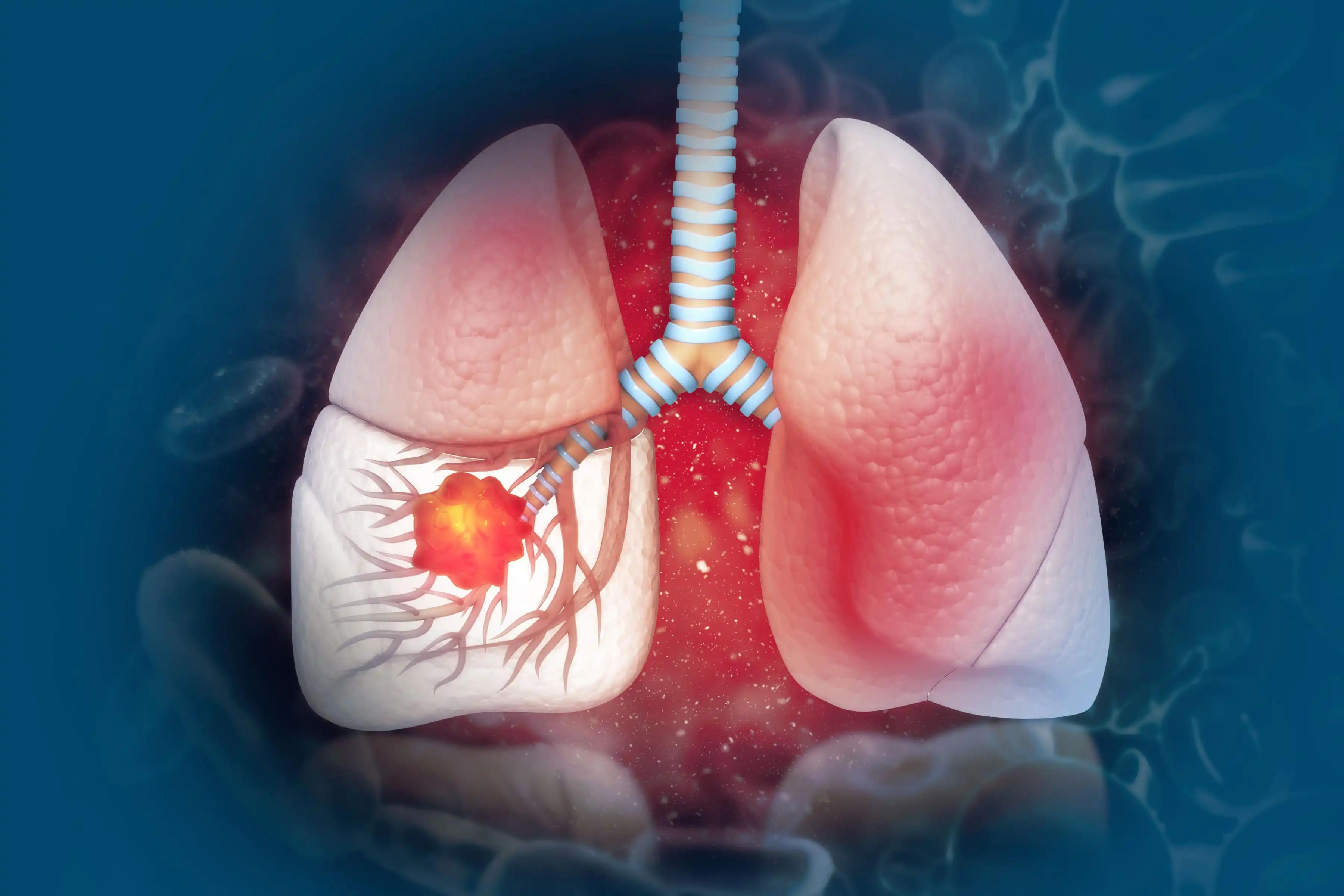KEY TAKEAWAYS
- The study aimed to investigate the effectiveness of SUMOylation inhibition in KRAS-mutant cancer cells.
- Researchers noticed that dual inhibition of SUMOylation and MEK effectively downregulates MYC and enhances DNA damage in KRAS-mutant cancer cells.
KRAS mutations frequently occur in cancers, particularly pancreatic ductal adenocarcinoma, colorectal cancer, and non-small cell lung cancer. Although KRASG12C inhibitors have recently been approved, effective precision therapies have not yet been established for all KRAS-mutant cancers.
Many treatments for KRAS-mutant cancers, including epigenome-targeted drugs, are currently under investigation. Small ubiquitin-like modifier (SUMO) proteins are a family of small proteins covalently attached to and detached from other proteins in cells via the processes called SUMOylation and de-SUMOylation.
Hiroshi Kotani and the team aimed to assess the impact of SUMOylation inhibition on MYC expression in KRAS-mutant cancer cells.
They performed an inclusive analysis to assess the efficacy of the 1-in-class SUMO-activating enzyme E inhibitor TAK-981 (subasumstat) in multiple human and mouse KRAS-mutated cancer cell lines. A gene expression assay using a TaqMan array was utilized to identify biomarkers of TAK-981 efficacy. Additionally, the biological roles of SUMOylation inhibition and subsequent regulatory mechanisms were investigated using immunoblot analysis, immunofluorescence assays, and mouse models.
They discovered that TAK-981 downregulated the expression of the currently undruggable MYC and effectively suppressed the growth of MYC-expressing KRAS-mutant cancers across different tissue types. Moreover, TAK-981-resistant cells were sensitized to SUMOylation inhibition via MYC overexpression. TAK-981 induced proteasomal degradation of MYC by altering the balance between SUMOylation and ubiquitination and promoting the binding of MYC and Fbxw7, a key factor in the ubiquitin-proteasome system.
The efficacy of TAK-981 monotherapy in immunocompetent and immunodeficient mouse models using a mouse-derived CMT167 cell line was significant but modest. Since MAPK inhibition of the KRAS downstream pathway is crucial in KRAS-mutant cancer, it was expected that co-inhibition of SUMOylation and MEK might be a good option.
The combination treatment with TAK-981 and trametinib dramatically induced apoptosis in multiple cell lines and gene-engineered mouse-derived organoids.
Moreover, combination therapy resulted in long-term tumor regression in mouse models using cell lines of different tissue types. Researchers revealed that combination therapy complementarily inhibited Rad51 and BRCA1 and accumulated DNA damage.
The study concluded that MYC downregulation occurred via SUMOylation inhibition in KRAS-mutant cancer cells. The findings indicate that dual inhibition of SUMOylation and MEK may be a promising treatment for MYC-expressing KRAS-mutant cancers by enhancing DNA damage accumulation.
This study was funded by P-CREATE from AMED under grant number 21cm0106513h0006 (to SY), Kanazawa University Hospital SAKIGAKE project 2022–2023 (to HK and SY), and JSPS KAKENHI grant number JP23744746 (to HK).
Source: https://pubmed.ncbi.nlm.nih.gov/38992694/
Kotani H, Oshima H, Boucher JC, et al. (2024). “Dual inhibition of SUMOylation and MEK conquers MYC-expressing KRAS-mutant cancers by accumulating DNA damage.” J Biomed Sci. 2024 Jul 11;31(1):68. doi: 10.1186/s12929-024-01060-3. PMID: 38992694.



